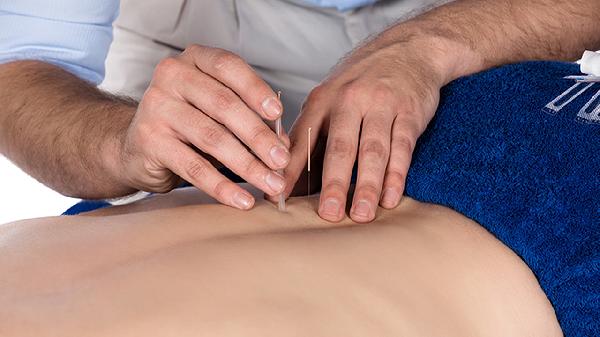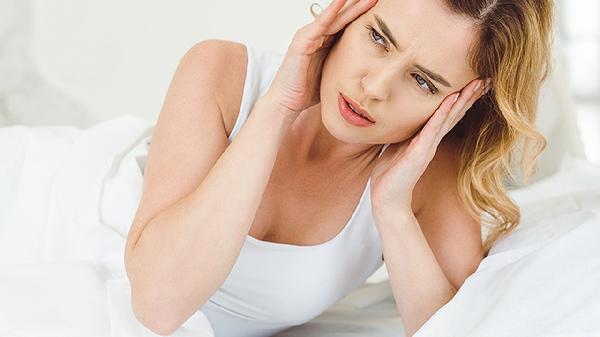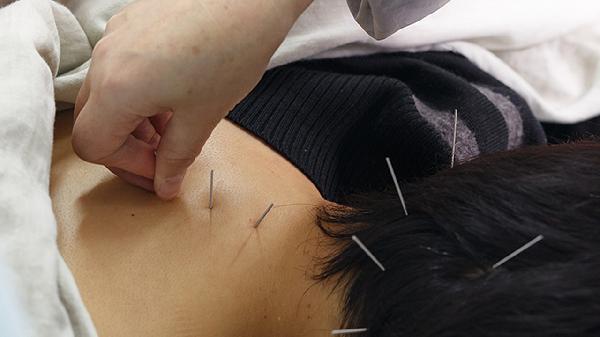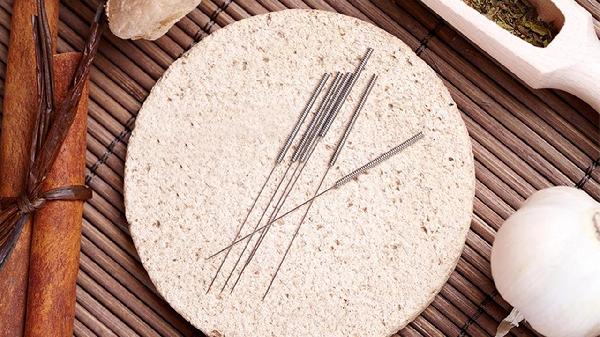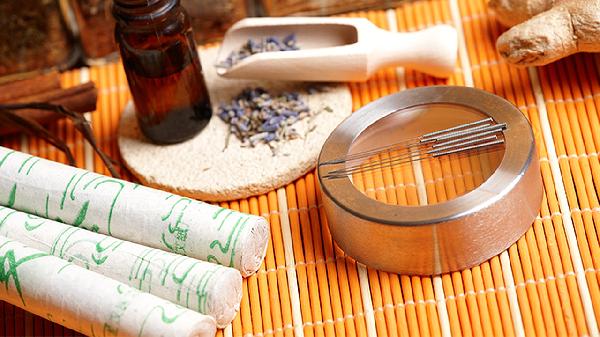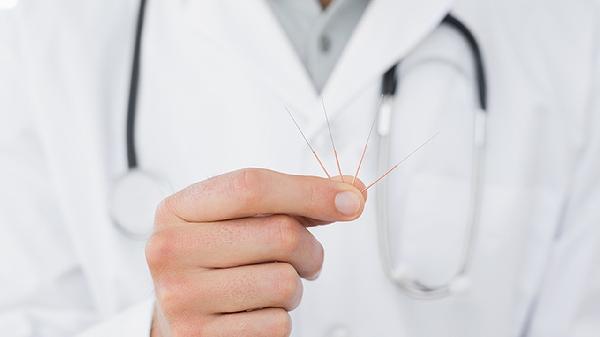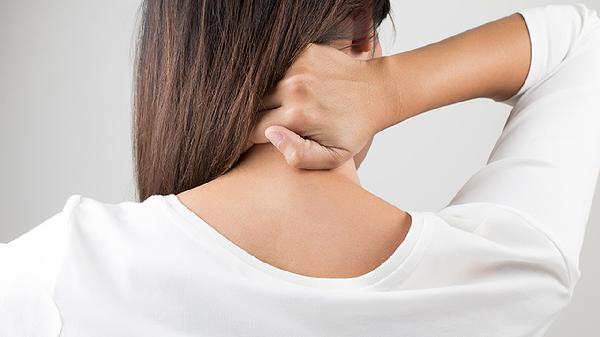Yes, acupuncture can help with anxiety, and many experts support its effectiveness as a complementary therapy. Acupuncture, a key component of traditional Chinese medicine, involves inserting thin needles into specific points on the body to balance energy flow and promote healing. Research and clinical studies suggest that acupuncture can reduce anxiety symptoms by regulating the nervous system, lowering stress hormones, and promoting relaxation. Below, we’ll explore how acupuncture works for anxiety, what the experts say, and how you can incorporate it into your wellness routine.
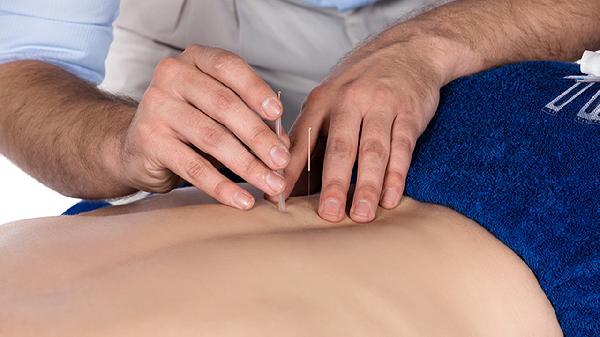
How Acupuncture Works for Anxiety
Acupuncture targets specific points on the body, known as acupoints, which are believed to influence the flow of qi (energy) and restore balance. For anxiety, acupuncturists often focus on points that calm the mind, reduce stress, and regulate the body’s stress response. Studies have shown that acupuncture can stimulate the release of endorphins, the body’s natural “feel-good” chemicals, and reduce levels of cortisol, the stress hormone. Additionally, acupuncture may improve blood flow to the brain, enhancing mood and emotional regulation.
Expert Opinions on Acupuncture and Anxiety
Many health professionals recognize acupuncture as a valuable tool for managing anxiety. Dr. John Longhurst, a neuroscientist and acupuncture researcher, notes that acupuncture can modulate the autonomic nervous system, which plays a key role in stress and anxiety. The World Health Organization (WHO) also acknowledges acupuncture as a viable treatment for mental health conditions, including anxiety and depression. While experts emphasize that acupuncture should not replace conventional treatments like therapy or medication, it can be a helpful complementary approach.
Scientific Evidence Supporting Acupuncture for Anxiety
Several studies have demonstrated the benefits of acupuncture for anxiety. A 2018 review published in the Journal of Acupuncture and Meridian Studies found that acupuncture significantly reduced anxiety symptoms in patients with generalized anxiety disorder (GAD). Another study in the Journal of Endocrinology showed that acupuncture could lower cortisol levels and promote relaxation. These findings suggest that acupuncture can be an effective adjunct therapy for anxiety management.
What to Expect During an Acupuncture Session
If you’re considering acupuncture for anxiety, it’s helpful to know what to expect. During your first session, the acupuncturist will conduct a thorough assessment of your health, including your anxiety symptoms and medical history. They will then insert sterile, hair-thin needles into specific acupoints, often on the ears, wrists, and head. Most people report feeling minimal discomfort and a sense of deep relaxation during the session. A typical treatment plan may involve weekly sessions for several weeks, depending on your needs.
Combining Acupuncture with Other Anxiety Treatments
While acupuncture can be effective on its own, it often works best when combined with other anxiety treatments. Cognitive-behavioral therapy (CBT), mindfulness practices, and regular exercise can enhance the benefits of acupuncture. Additionally, maintaining a healthy diet, getting adequate sleep, and reducing caffeine intake can support your overall mental health. Always consult with your healthcare provider before starting acupuncture or making changes to your treatment plan.
Potential Side Effects and Considerations
Acupuncture is generally safe when performed by a licensed practitioner. However, some people may experience mild side effects, such as soreness, bruising, or dizziness. It’s important to choose a qualified acupuncturist who uses sterile needles and follows proper hygiene protocols. If you have a bleeding disorder or are pregnant, consult your doctor before undergoing acupuncture.
How to Find a Qualified Acupuncturist
To ensure a safe and effective experience, seek out a licensed acupuncturist with experience in treating anxiety. Look for practitioners who are certified by organizations like the National Certification Commission for Acupuncture and Oriental Medicine (NCCAOM) in the U.S. You can also ask for recommendations from your healthcare provider or read reviews from previous clients.
Final Thoughts: A Holistic Approach to Anxiety
Acupuncture offers a natural, holistic way to manage anxiety by addressing both the physical and emotional aspects of the condition. While it may not be a standalone cure, it can be a valuable part of a comprehensive anxiety treatment plan. By combining acupuncture with other therapies and lifestyle changes, you can take proactive steps toward improving your mental health and overall well-being. Remember, seeking help for anxiety is a sign of strength, and exploring complementary therapies like acupuncture can be a positive step on your journey to wellness.
